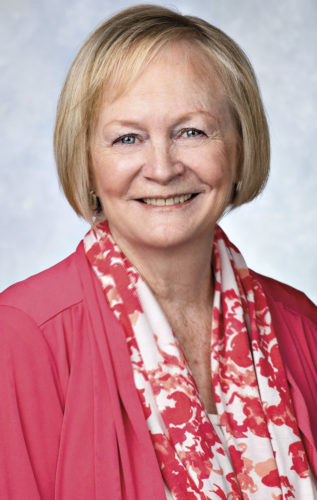The article cites a statement by Steve Daggett, chief executive of a small community bank in Minnesota, as saying, “They are giving a loan to Cracker Barrel. Does anybody really think when Congress set up Farm Credit, it was to make loans to Cracker Barrel?”
Farm Credit was instituted as a government-sponsored enterprise in 1916 to help farmers and has grown to $303 billion in assets with 14,000 employees and a loan portfolio at the end of 2015 of $236 billion, of which two-thirds was loaned directly to farmers. If measured in terms of assets, Farm Credit would be the ninth largest financial institution in the U.S.
The American Bankers Association (ABA) is calling on the federal government to narrow the definition of Farm Credit loans to more directly align with agriculture. On its website, the ABA says, “ABA believes Congress should reconsider the Farm Credit System’s significant funding and tax advantages in light of the FCS’ loss of mission focus, the dire state of the U.S. government’s finances and policymakers’ desire to make the tax code more equitable.”
According to the article, Farm Credit states that farmers benefit from its loans, all loans, directly and indirectly as supports to rural infrastructure. Minnesota banker Daggett says, “Does anybody in their right mind think Verizon is a rural co-op?” Proponents of the Farm Credit loan say this and other loans support the farming industry by providing services to rural communities.
Farm Credit Services receives a government exemption on interest earned on mortgage loans as well, something which community banks have to pay. According to the ABA research paper, Farm Credit saved about $600 million in taxes out of the $4 billion in earnings as a result of the exemption in 2012.
The tax disparity discussion is nothing new to FCS or the community banks. Since increased banking regulations were instituted in 2008, however, community banks are finding it more difficult to compete in the agricultural industry than ever before. FG

-
Lynn Jaynes
- Editor
- Progressive Forage Grower
- Email Lynn Jaynes










